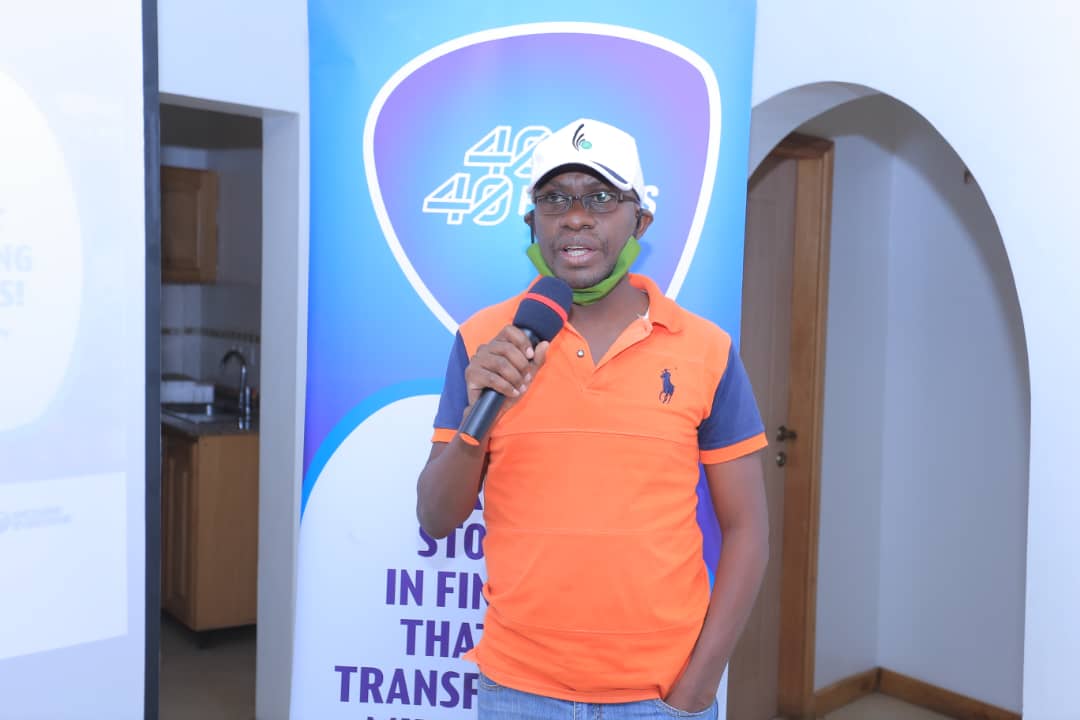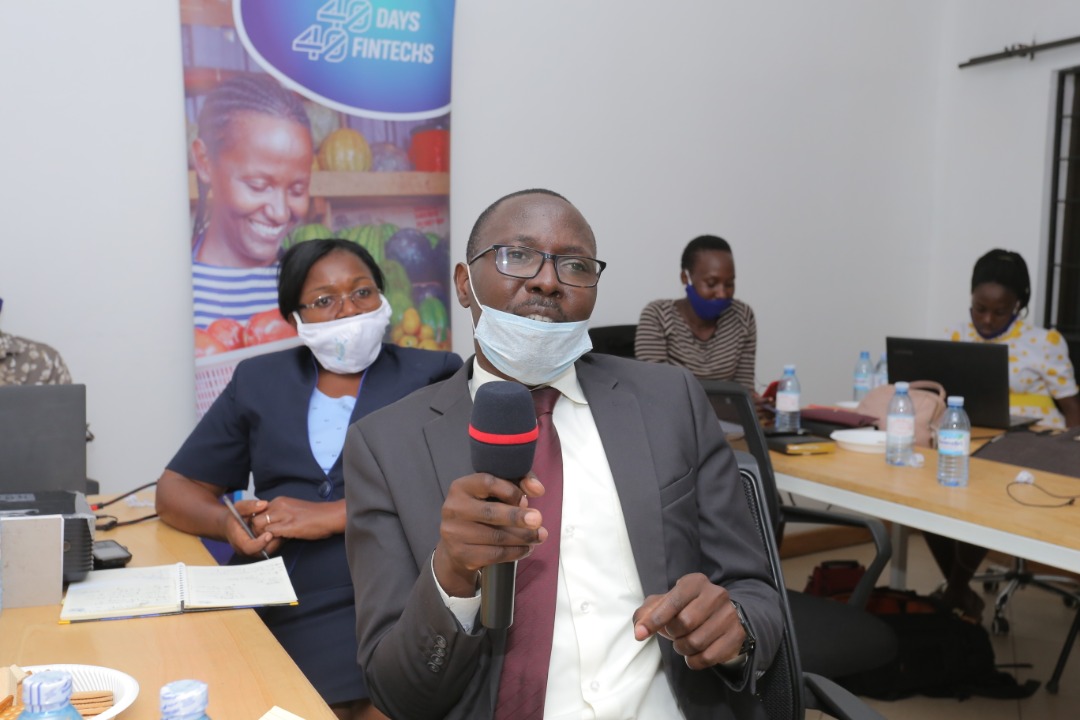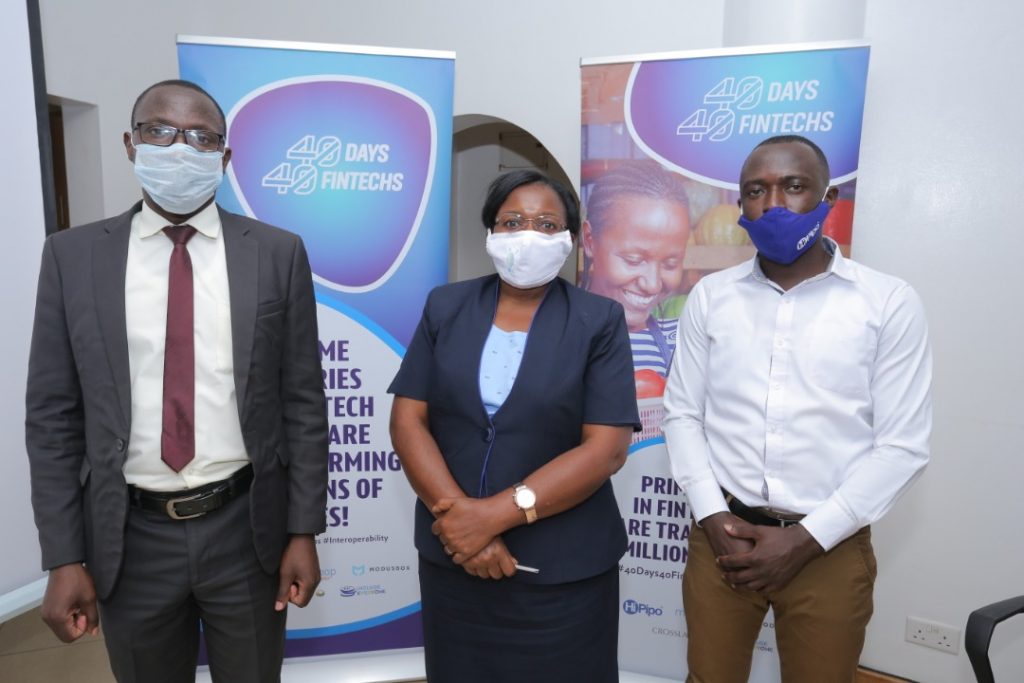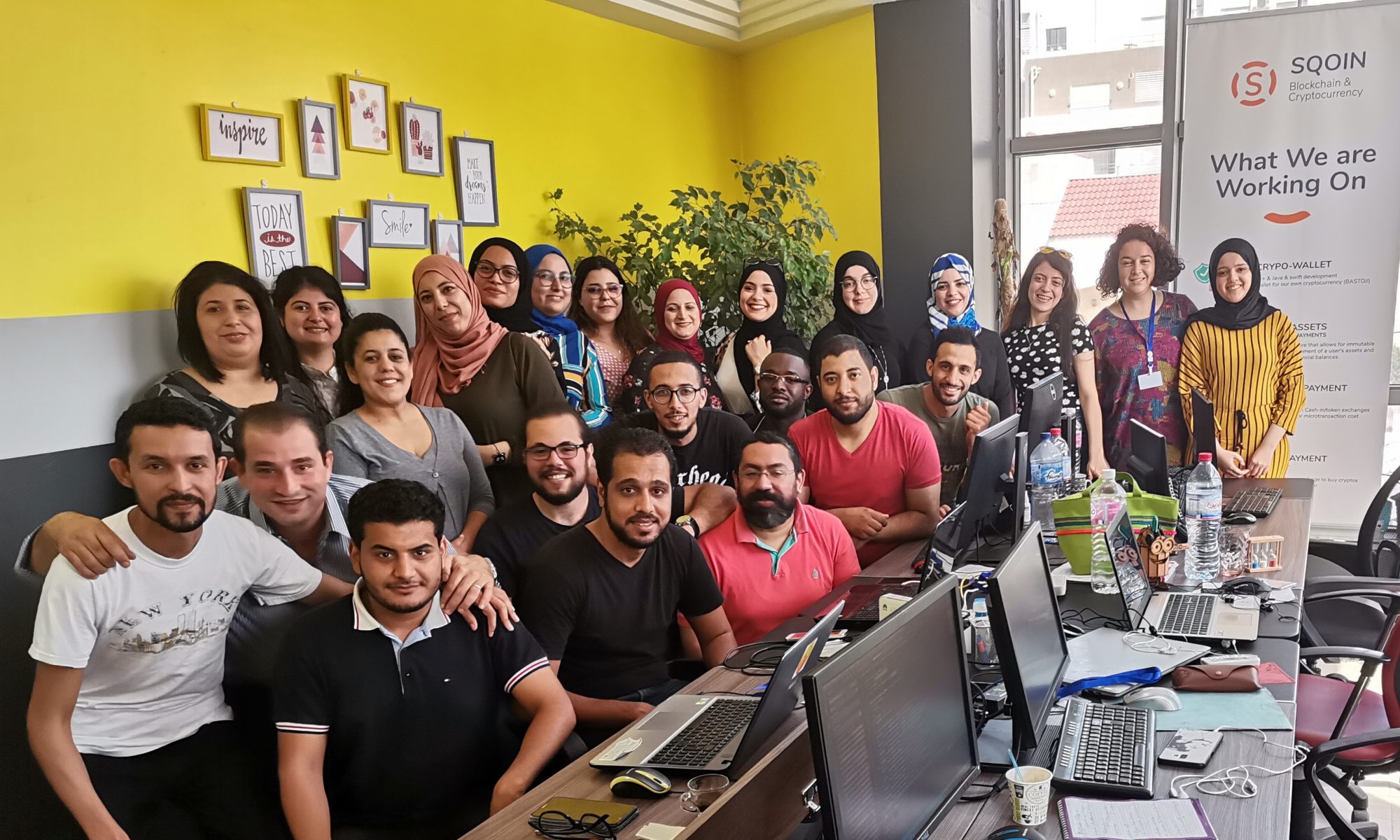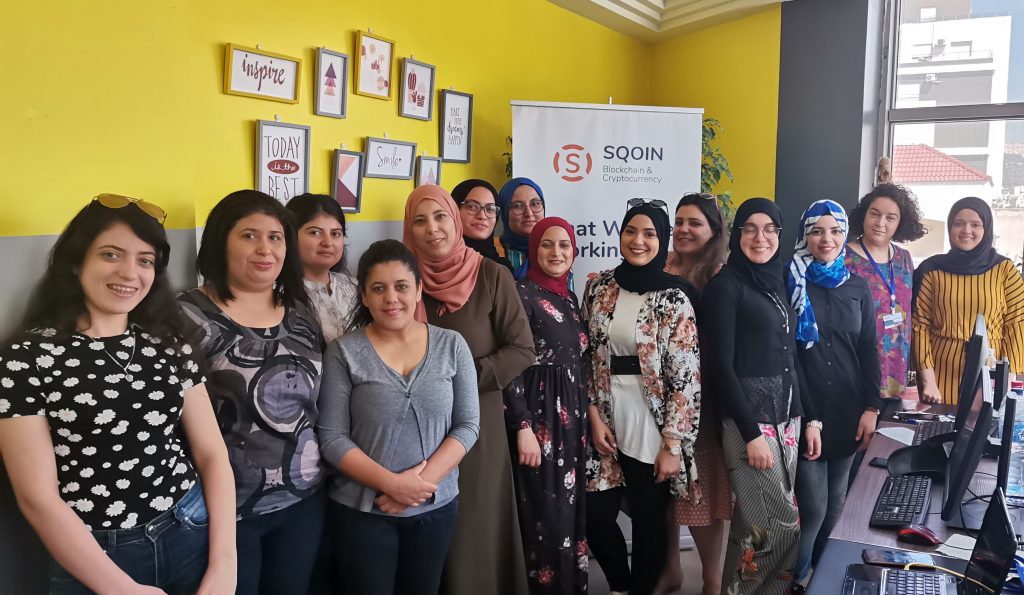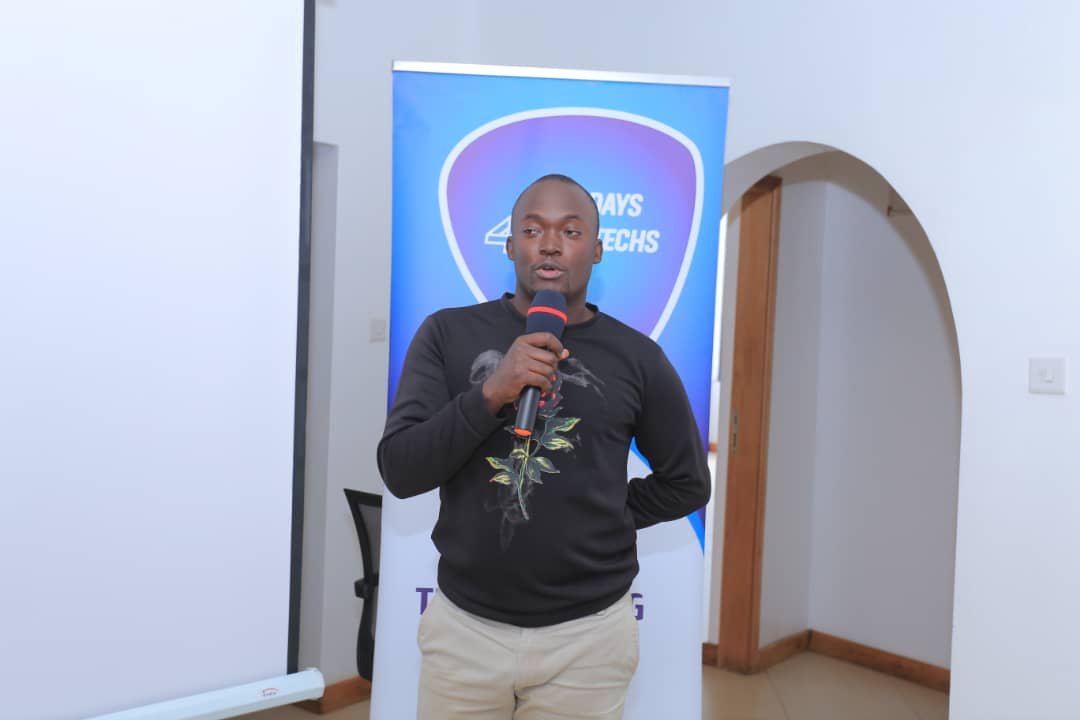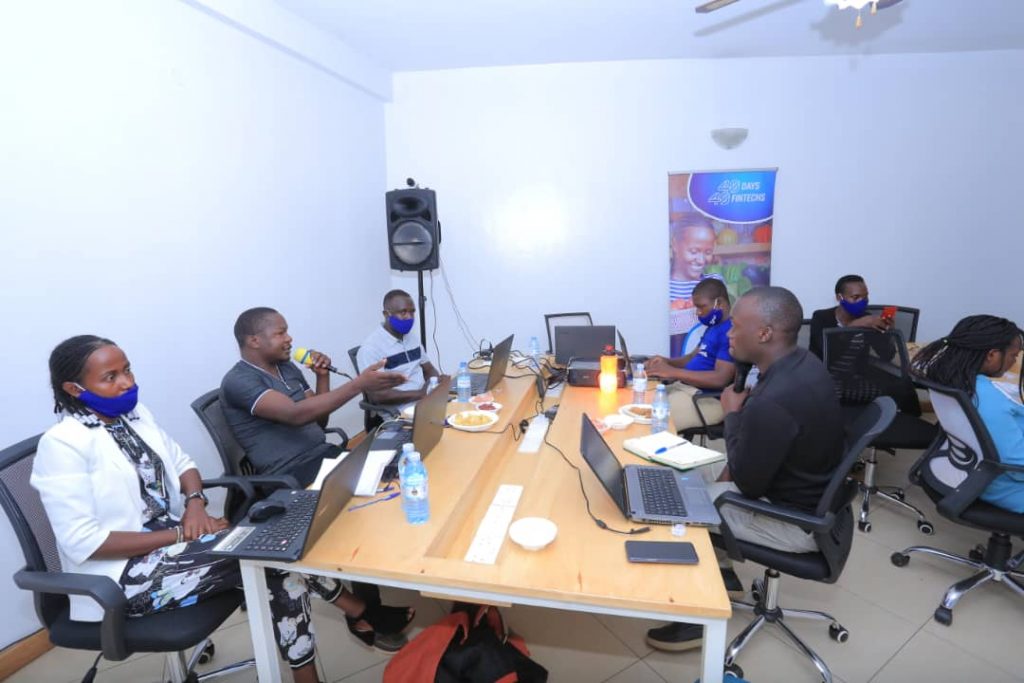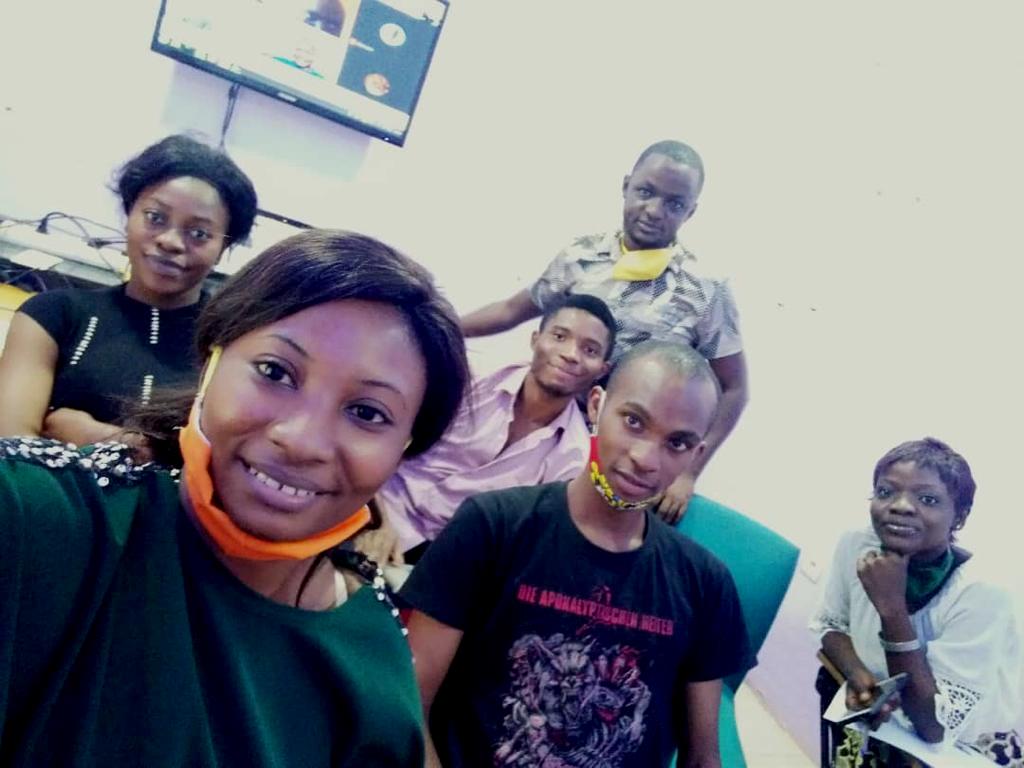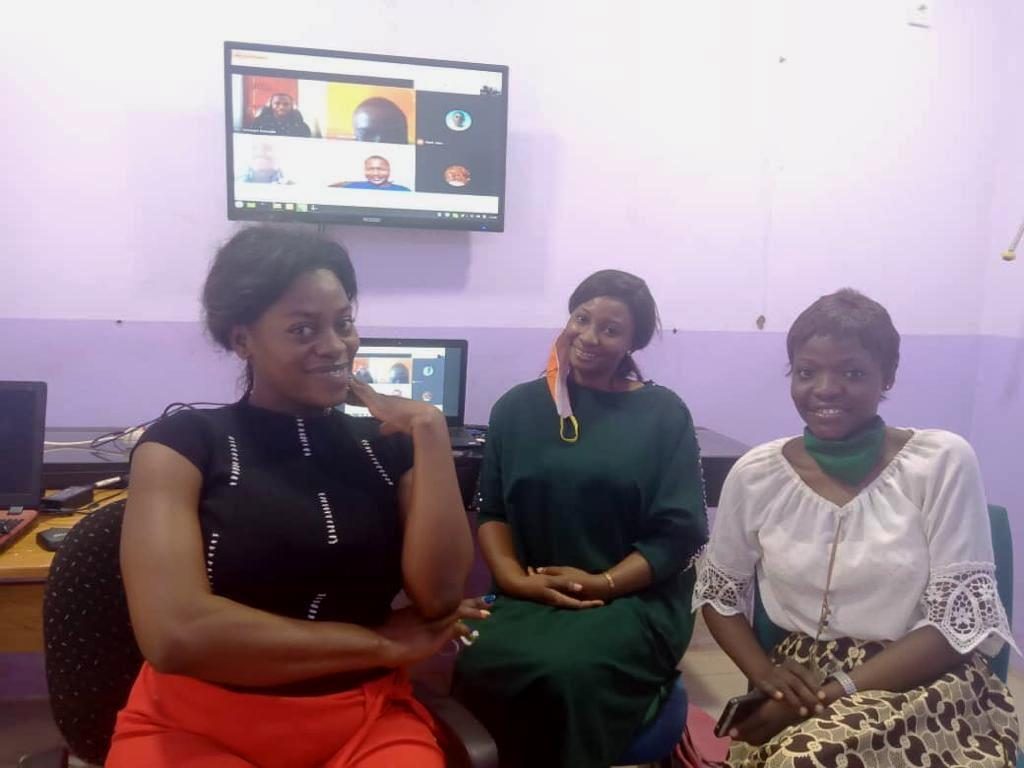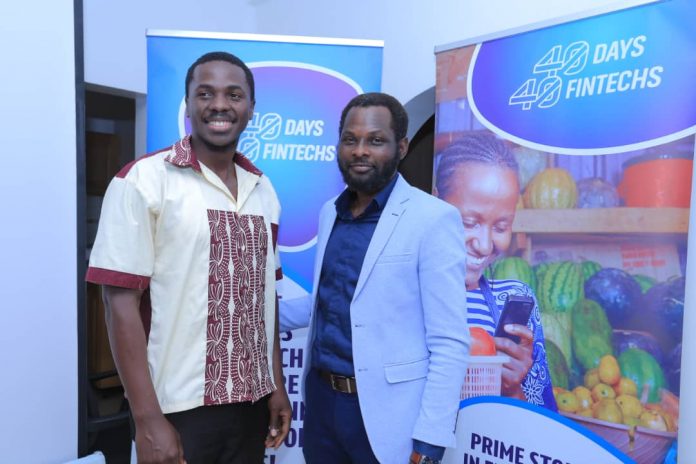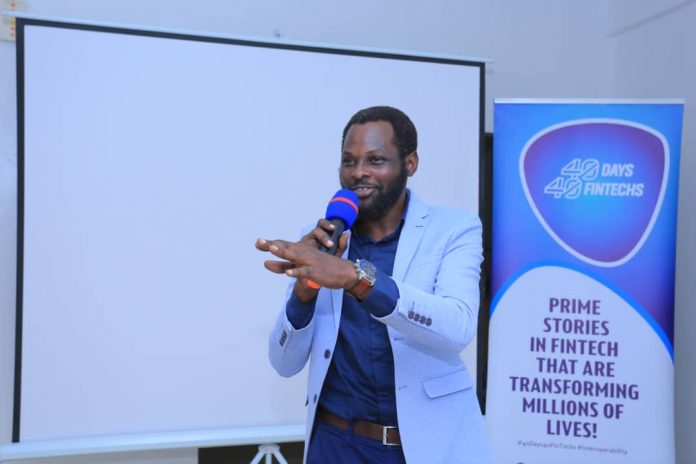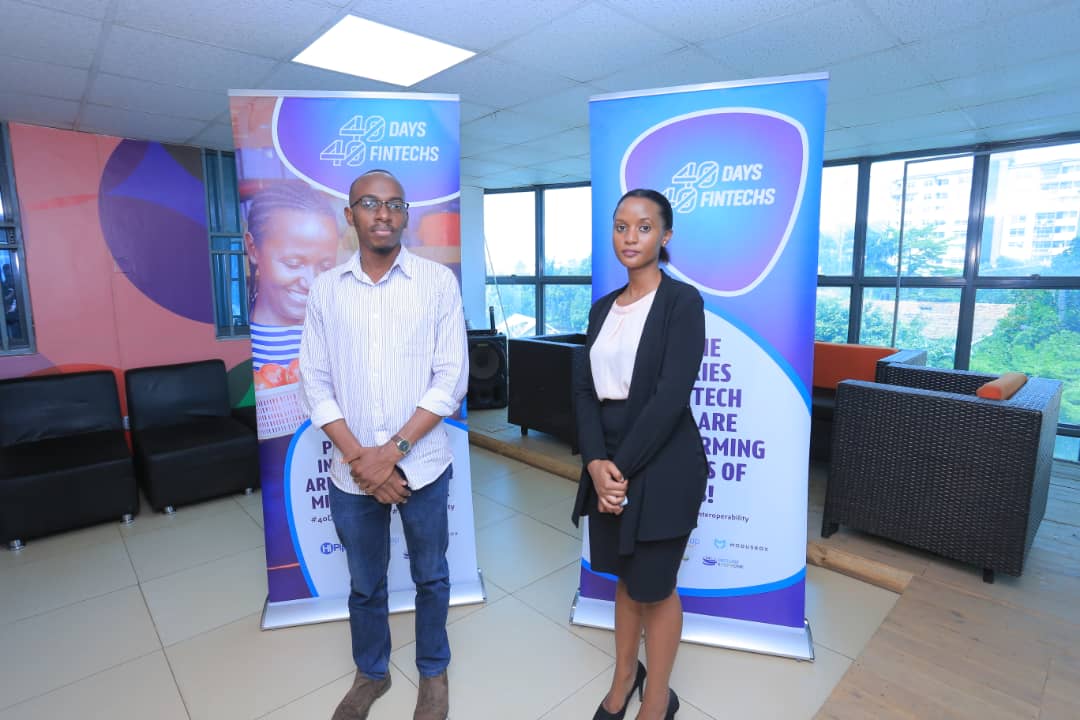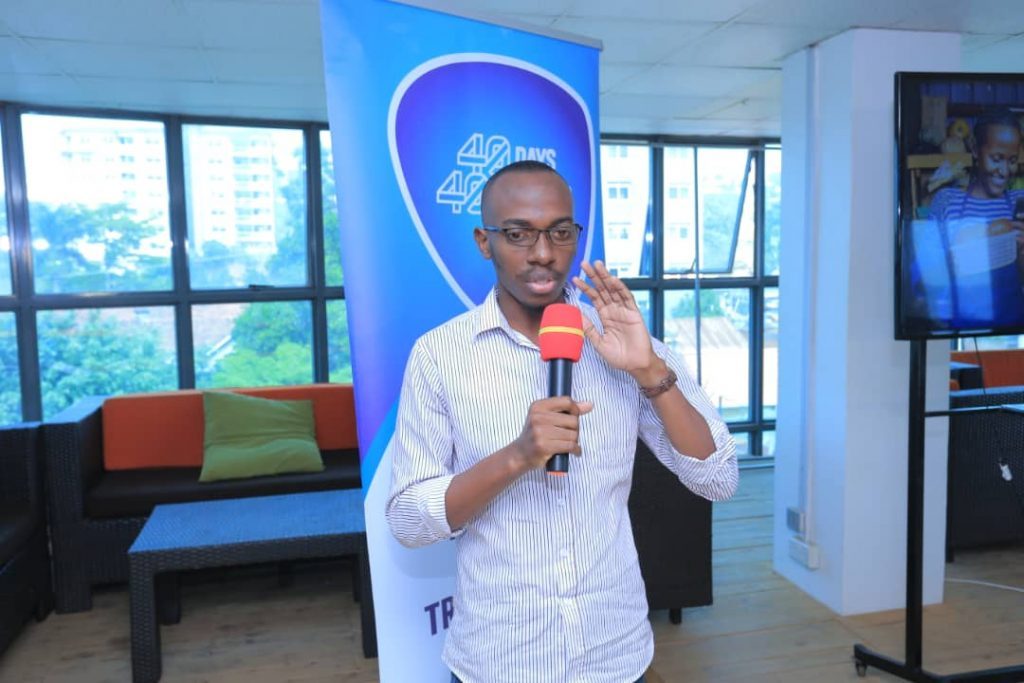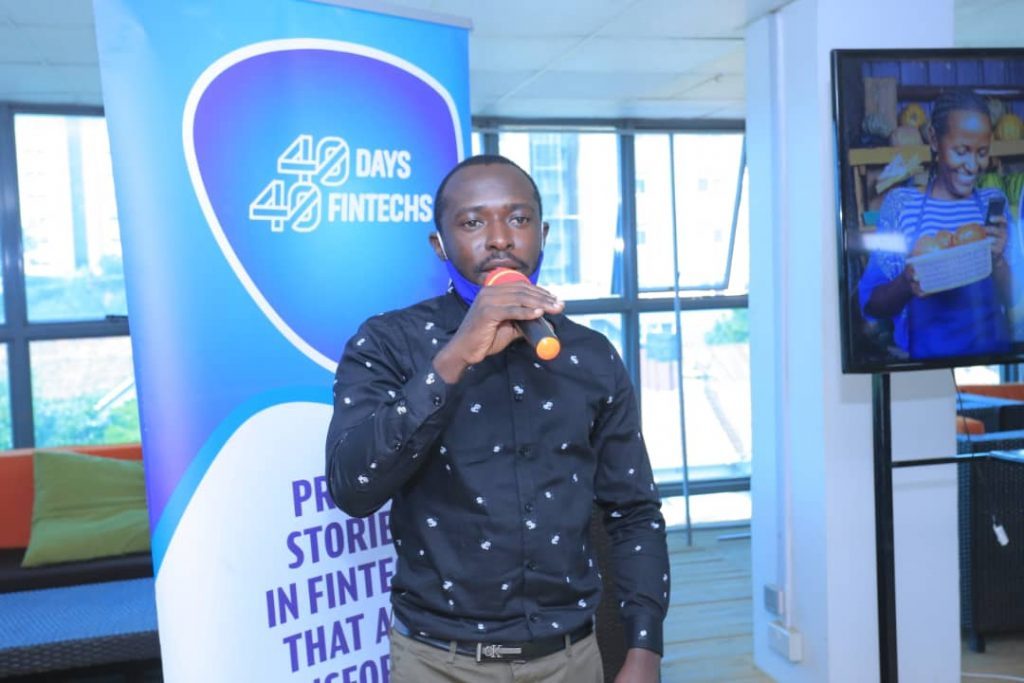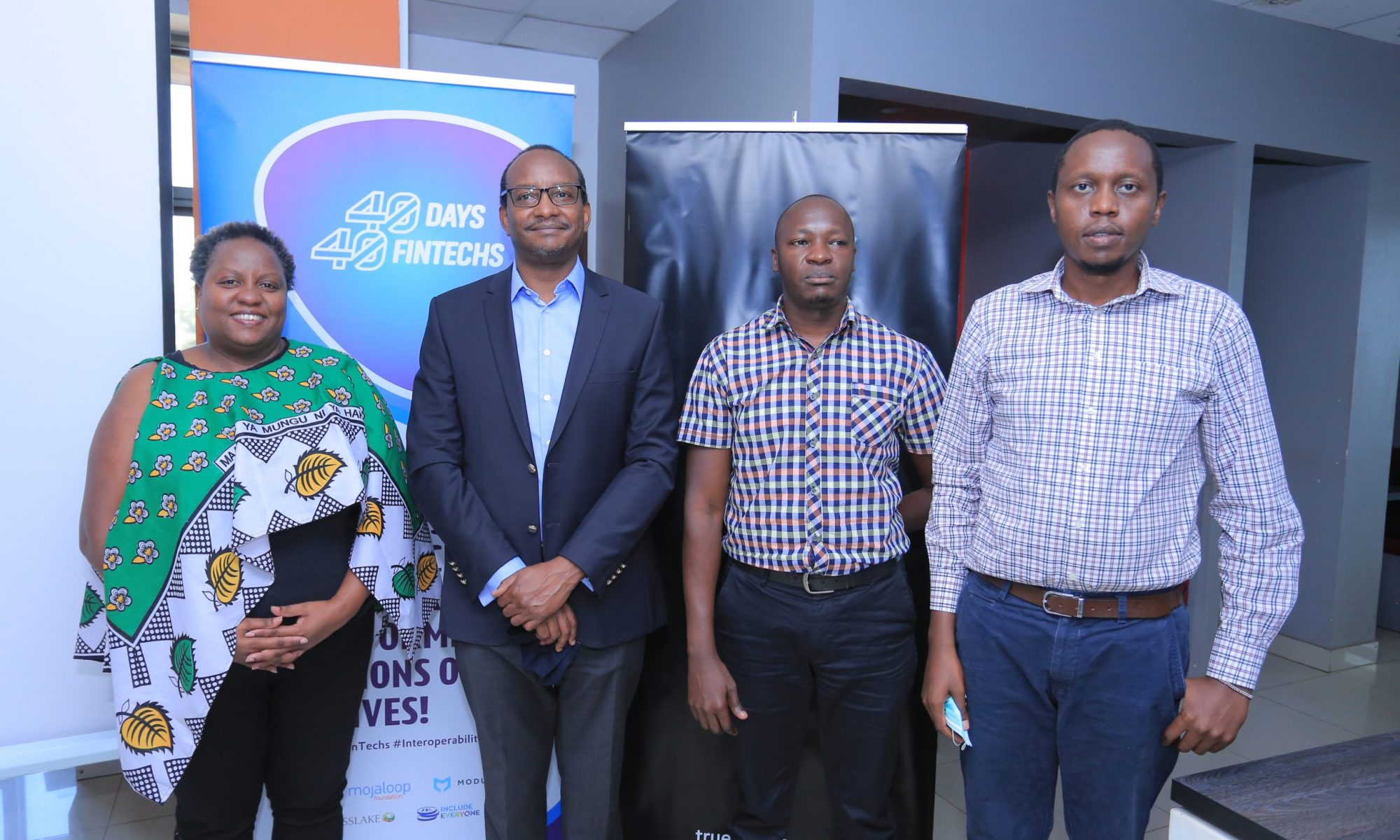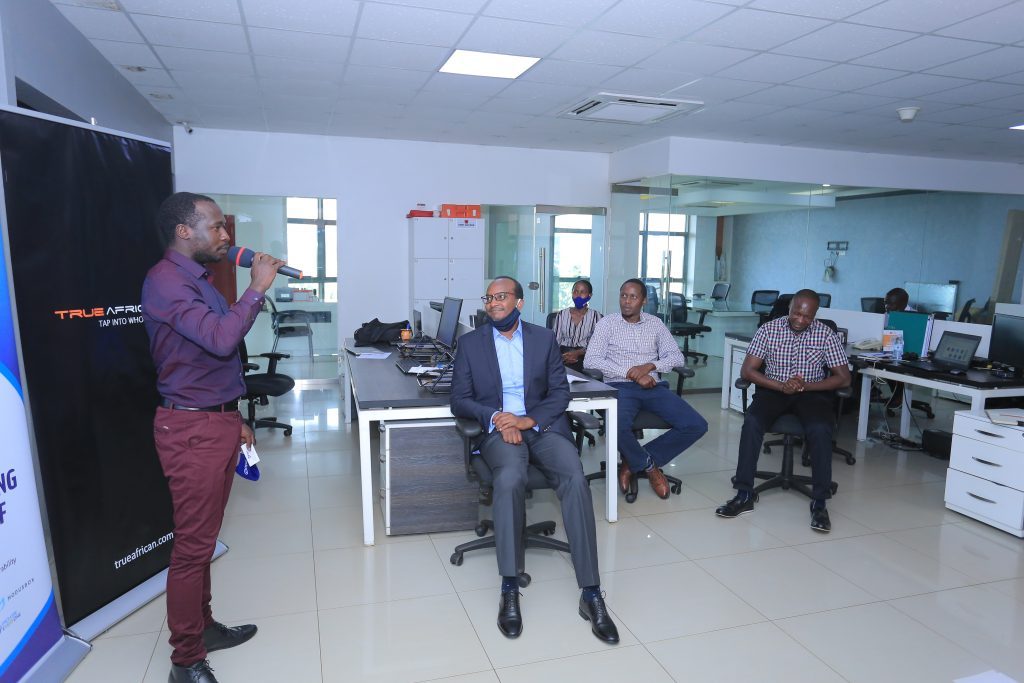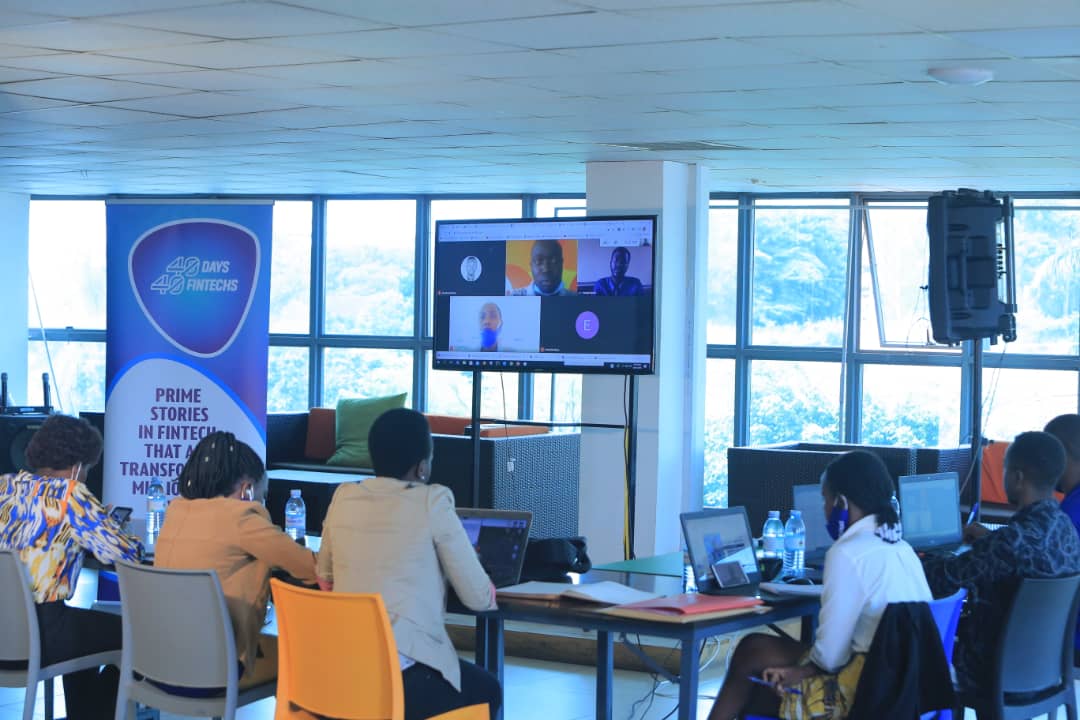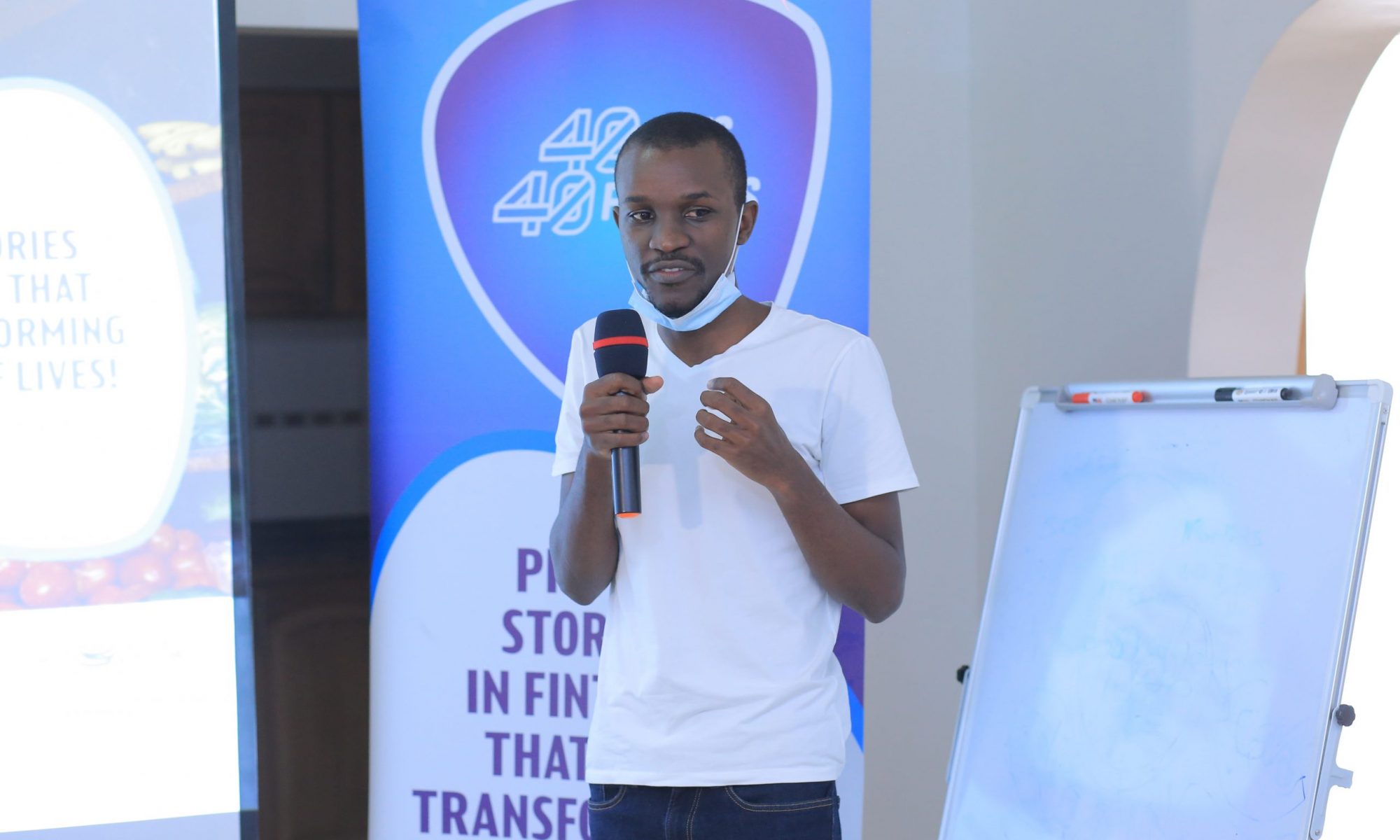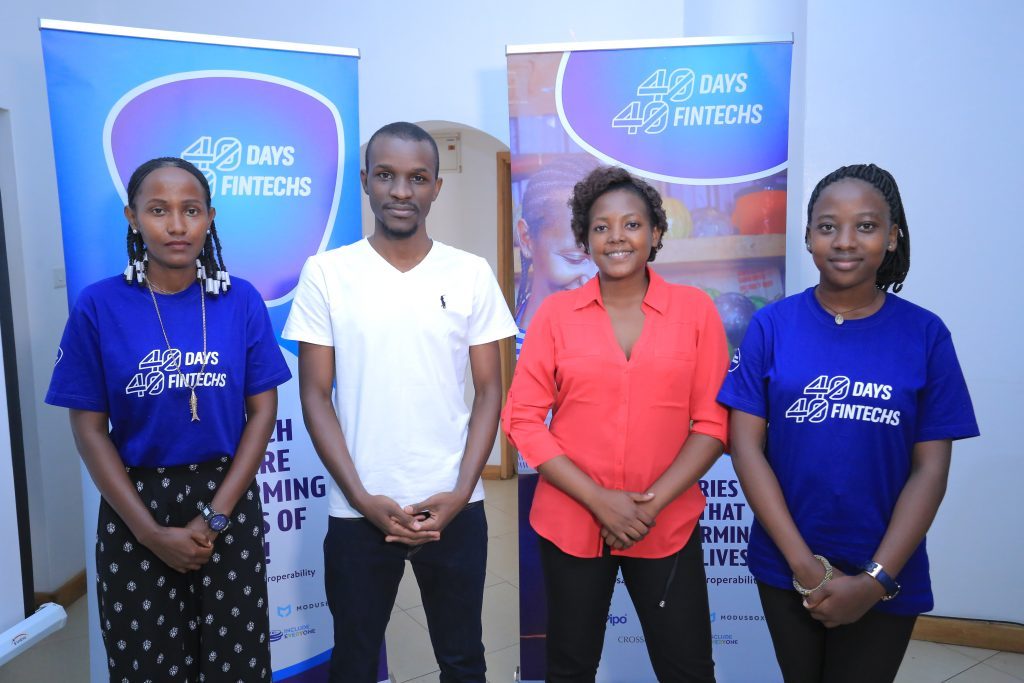Our Reporter.
The Ugandan economy is heavily weighted in international trade, especially as an importer, mainly from China.
Despite this, traders were finding challenges with cross-border payments as they involved multiple parties, currencies, regulations and risks.
However, in a bid to make international payment more accessible and efficient to businesses, Ugmart, a Financial Technology Company (FinTech) has come in to bridge the gap.
The company focuses on providing secure and seamless electronic payment solutions for both small and medium enterprises and large enterprises, delivering reliable merchant services that allow businesses to transact seamlessly.
The company provides financial technology that includes payment solutions along with mobile and web application development. These range from prepaid credit cards, Mobile Point-Of-Sale (POS) to e-wallet payments.
The e-wallet product for instance is a merchant product that allows one to put money in the wallet and be able to transact from anywhere in the world.
According to Patrick Kizito, the Ugmart chief executive officer, the wallet offers an easy way to move money around the round, ensures safety of one’s funds, eliminates exchange rate risks and offers flexibility.
Ugmart works with a number of electronic money issuers including Visa, MasterCard and UnionPay, among others.
Additionally, the company offers a WebPay product that allows businesses to receive money from a different electronic money service provider from across the world and be able to push the money onto a bank account, in that country’s local currency.
This product is mainly for businesses such as supermarkets, restaurants and schools, among others.
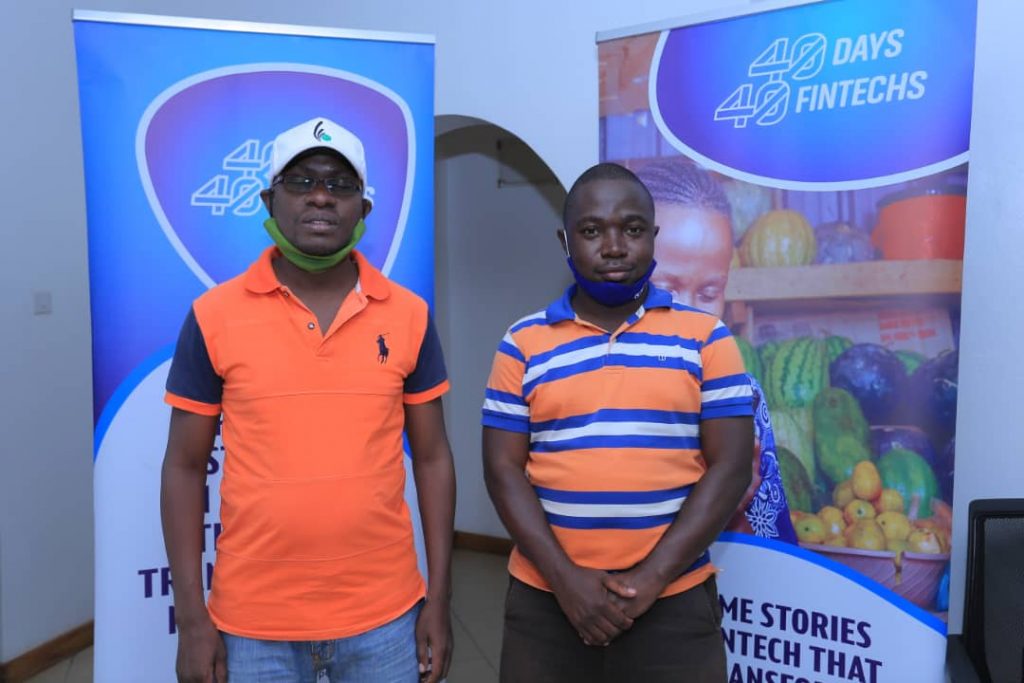
Further, UGMart has a wallet product for schools that enables parents and pupils to manage pocket money effectively. The product enables parents to deposit their kids’ pocket money on an account which is accessible at the school through a POS machine and a unique smart card for each student.
Ugmart currently has over 200,000 users collectively, according to Kizito.
Ugmart is among the FinTechs participating in the 40-days-40-FinTechs project, an initiative organised by HiPipo under its Include EveryOne programme, in partnership with Crosslake Tech, ModusBox and Mojaloop Foundation.
The initiative seeks to enable FinTechs to innovate solutions that facilitate cross-network financial transactions at minimal risks to enhance access to financial services.
Running for 40 days, the project will see the participating 40 FinTechs acquire interoperable development skills to improve access to financial services, using the Mojaloop open source software.
The HiPipo CEO – Innocent Kawooya said: “I am excited to hear that Ugmart is helping people to trade across the seas, especially with China using a wallet that is dedicated to ensure that their money is safe and accessible wherever they are.”
He added: “The fact that you are already onboarding a number of service providers – union, visa, mastercard, mobile financial services, you are already thinking of making sure that everyone is included.”
He noted that as a people-centric brand, HiPipo is mindful and would like to ensure that it supports FinTechs which are using technology to solves the challenges facing Africa so as to play a role in the fight against poverty.
The 40-days-40-FinTechs initiative is expected to climax with the FinTechs Landscape Exhibition on July 16-17, 2020.
Kawooya noted that while the initiative seeks to shine a light on prime stories that are changing millions of lives across Africa, it will also validate the fact that Africans do not just copying technology from developed countries, but rather innovating solutions that speak to the challenges facing Africans.
“The financial technology that the western world is thinking about is meant to solve challenges of the future, may be 20 years from now but not the current challenges facing Africa. It is Africans that are innovating the exact solutions that we need now,” Kawooya said.

